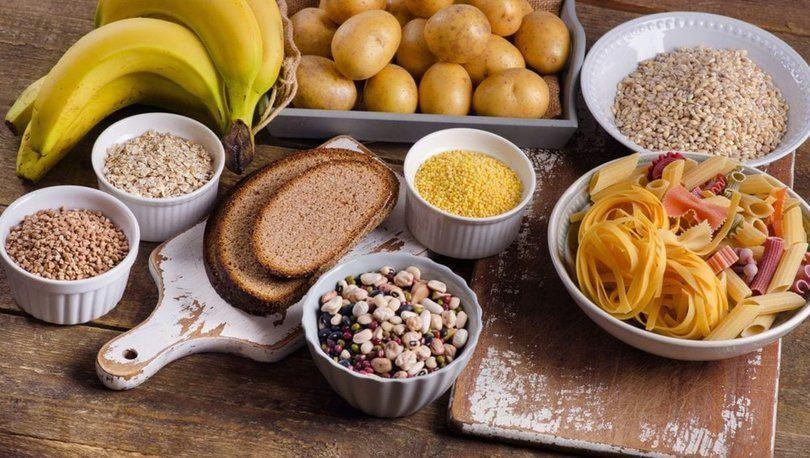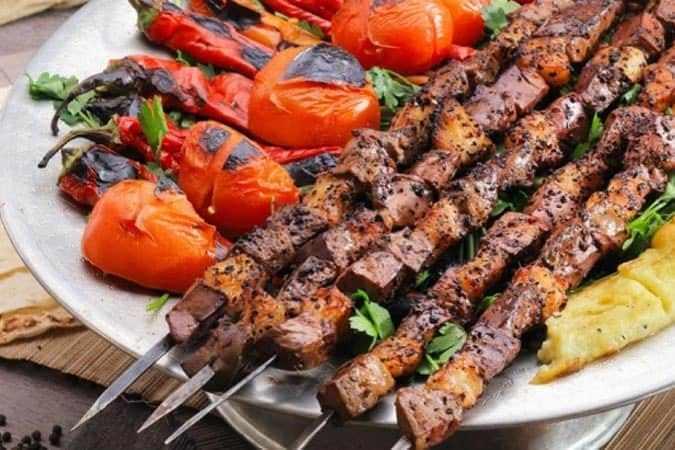Expressing that it is necessary to pay attention to the choice of food and the duration of meals in Ramadan, Specialist from Medicine Hospital Nutrition and Diet Department. dit. Hafize Öğün Dudioğlu pointed out that in the first days of Ramadan, there may be some health problems such as constipation, heartburn, drowsiness, and headache.
Specialist from the Department of Nutrition and Diet at Medicine Hospital. dit. Hafize Öğün Dudioğlu touched upon the important points regarding nutrition for those who fast due to the “Month of Ramadan”.
Hafize Öğün Dudioğlu, who draws attention to the fact that people’s eating habits and the foods they prefer can change periodically, said, “Ramadan is a month in which the diet and lifestyle of those who fast change. In order to eat healthy in Ramadan, it is necessary to pay attention to the duration and choice of meals. Since the body is hungry for a long time, there may be a decrease in blood sugar until the time of iftar. Pointing out that individuals may feel the desire to eat fast and excessively due to low blood sugar levels, Dudioğlu said, “Dudioğlu said, “In the first days of fasting, due to the change in diet, there are some health problems such as constipation , heartburn, sleepiness, dizziness, headache, low blood sugar and weight gain. can be encountered. For this reason, in order not to disturb this balance, the sahur meal should be made absolutely. said. Dudioğlu made the following nutritional recommendations regarding the month of Ramadan:
NUTRITIONAL RECOMMENDATIONS IN RAMADAN
- Instead of consuming fatty, fried, extremely spicy and high-calorie foods in iftar, not to tire the stomach after being hungry for a
- In order to be vigorous all day long, nutritious foods that are rich in protein and fiber (dry beans – dry beans, lentils, chickpeas-, whole grains and whole wheat bread, vege tables and salad) should be preferred.
- Foods containing high fat and carbohydrates should be included less in meals.
- Food should be chewed well, as eating fast food can trigger stomach upsets. It should be known that the feeling of satiety occurs within 15-20 minutes, and the meals should be consumed more slowly accordingly.

- Carbohydrate intake should be considered. Sudden high carbohydrate intake after prolonged fasting can cause health problems. for this reason, instead of foods with a high glycemic index such as white bread, pastry, rice or pastry, it has a low glycemic index that meets the need for carbohydrates but does not rapidly increase blood sugar; Foods such as whole wheat bread, whole wheat products or bulgur pilaf can be preferred.
- It should not be forgotten that cooking methods are also important. It should be prepared with healthy methods such as grilling, boiling, baking or steaming.

- Liquid consumption should be paid attention. Care should be taken to drink 2-2.5 liters of water between iftar and sahur.
- Instead of excessive sherbet and oily desserts in Iftar; milky desserts or fruit should be preferred
- Lighter and longer-lasting foods should be consumed in sahur compared to iftar. Protein-rich dairy products (yogurt, milk, buttermilk, eggs, cheese), fiber-rich green leafy vegetables and whole wheat products can be consumed at sahur. Drinks such as tea and coffee should not be preferred too much in the sahur as they accelerate water loss.